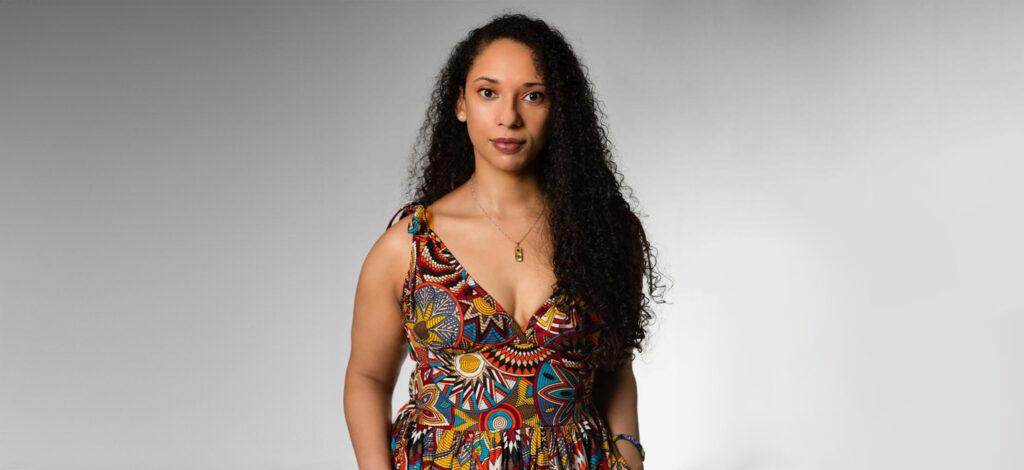How Black women have used their voices to resist oppression
By Michelle Ho

Exploring the evolution of Black women’s voices from blues to Beyoncé
A new book by Dr. Alexis McGee focuses on how Black women have used sound to tell stories and forge community across generations.
From Blues to Beyoncé: A Century of Black Women’s Generational Sonic Rhetoric was inspired by the “countless Black women who have had their stories and struggles pushed aside and discounted, by the everyday attempts to survive in an anti-Black world,” says Dr. McGee.
The book includes well-known figures like Ida B. Wells, Billie Holiday, Ruth Brown, Queen Latifah, Aretha Franklin, Nina Simone and Janelle Monáe. But Dr. McGee, who is an Assistant Professor in UBC’s School of Journalism, Writing, and Media, says that it’s also about everyday creative ingenuity of ordinary Black women. “I wanted to celebrate that and celebrate us.”
Here’s a condensed excerpt from an interview on the evolution of Black women’s voice.

In what ways have Black women used their voices as a form of resistance against oppression?
“Song, visual arts, dance, journalism, mentorship and life writing to name a few. While these methods may not explicitly speak to ‘voice’ in a traditional sense, all of these pathways resonate with a sense of agency, subjectivity, experience and situated context.”
What are some of the challenges Black women have faced in their efforts to make their voices heard and recognized?
“One of the biggest challenges to being recognized is that the very framework of our societies is racist, sexist, classist, ableist, ageist and xenophobic. The climate we live in, particularly societies developed from colonial practices, are conditioned to disregard and pilfer from Black women (among others).
Generations of attempts to silence, ignore, marginalize and erase our voices is a constant reminder of all the work still left to do. It is exhausting and sometimes distracting from the work we might want to do. Having to chip away at inequity constantly has sent many activists and educators to early graves, be that from sanctioned institutional violence or from exhaustion.”
What role do Black women play in shaping our understanding of Black history?
“We have everything to do with shaping our understanding of history. You can’t ignore whole lineages, contributions and ways of thinking that Black women have offered the world despite the ways our contributions have been minimized, erased, and/or co-opted. If we don’t acknowledge Black women’s contributions to how the world has been shaped over time, then we would be at a great loss for understanding how to be in the world.
From Blues to Beyoncé is one way of helping others see what they miss when they accept dominant histories as truth—histories that often render Black women’s importance as at best contingent and at worst invisible.”
Read the full interview here
Michelle Ho is a Communications and Design Strategist with the UBC Faculty of Arts. This article was published on February 29, 2024, and excerpted from the original article. To republish this article, please refer to the original article and contact the Faculty of Arts.


